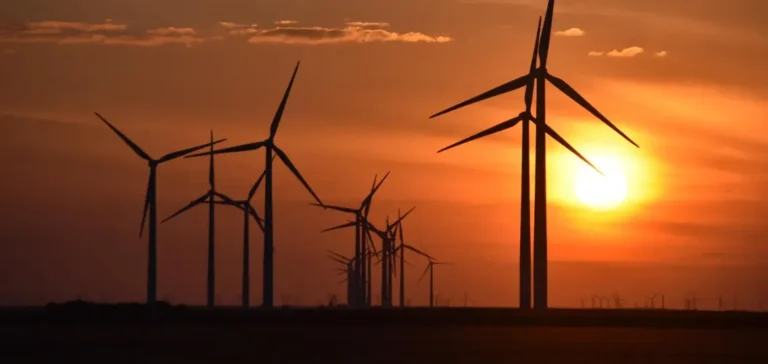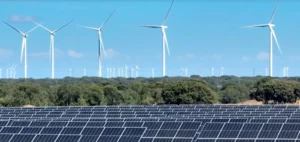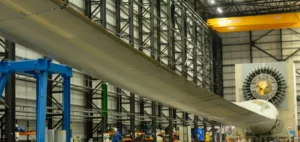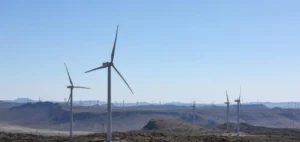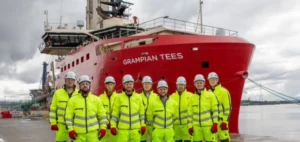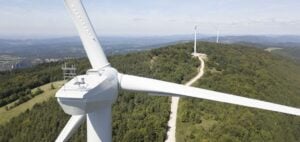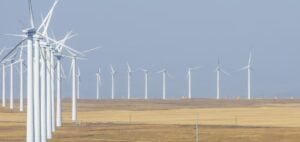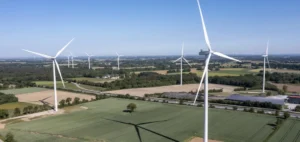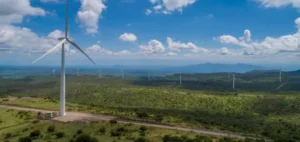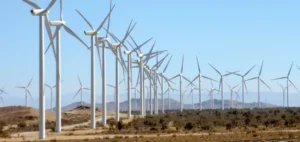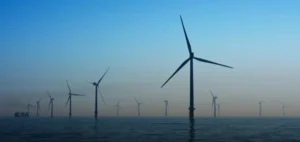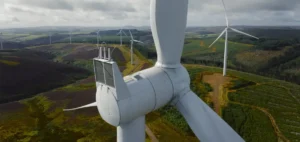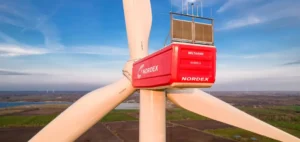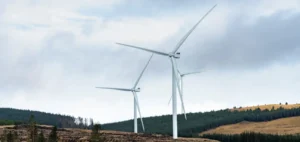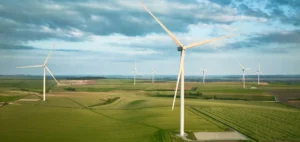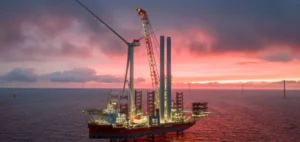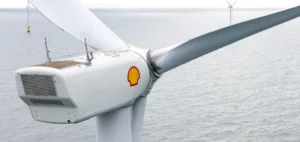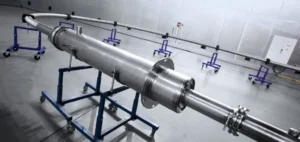Danish group Ørsted has received judicial authorisation to resume work on its offshore wind project Revolution Wind, located off the coast of New England, after a suspension ordered by US authorities. The site, already 80% complete, had been halted at the end of August by a federal directive.
Revolution Wind, led by Ørsted through its local subsidiary Revolution Wind, LLC, is one of the company’s strategic projects in the North American market. The administrative suspension prompted Ørsted to file a lawsuit with a federal court in Washington in early September. The court has issued a favourable ruling allowing operations to continue temporarily while the legal proceedings are under review.
A strategic project resumes amid regulatory tensions
The administrative halt came amid tensions between the wind sector and the US administration, stemming from the Trump era. Ørsted has confirmed its intention to maintain close collaboration with authorities and local stakeholders to ensure the project’s future. The company has not announced a revised completion date but continues construction on site.
News of the ruling triggered a positive market reaction. Ørsted shares rose by 6.59% in early trading, reaching DKK118.20. The recovery comes as the company seeks to strengthen its US investments amid a volatile regulatory environment.
Sunrise Wind fully financed by Ørsted after recapitalisation
At the beginning of September, Ørsted approved a recapitalisation of DKK60bn (€8.04bn / $8.57bn) to support financing of the Sunrise Wind project, under construction off the coast of New York. The project failed to secure an external equity partner, leading Ørsted to retain full ownership.
The company had initially planned to divest a stake to share risk but shifted to full ownership due to the lack of agreement. Shareholders approved the recapitalisation as Ørsted aims to maintain its position in the North American offshore market.
Sunrise Wind is considered a cornerstone of Ørsted’s US strategy, both in terms of installed capacity and financial visibility. The group continues to rely on its own capital to advance development despite ongoing policy uncertainty.


